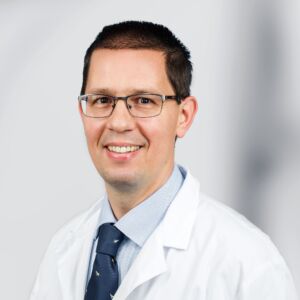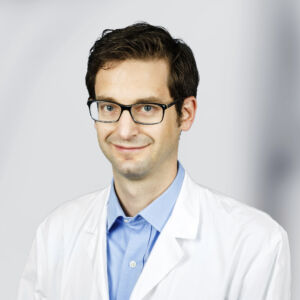You can also do something for your own health (or the health of your loved one). Above all, by paying attention to proper nutrition: Researchers recommend eating predominantly high-calorie, vitamin-rich foods and taking additional fat-soluble vitamins. And in contrast to the dietary tips for many other diseases, the following applies to cystic fibrosis: don’t skimp on salt when cooking and seasoning.
It is best to take part in training courses that are offered to you if you have CF. Here you will learn how to deal with cystic fibrosis at different stages of life (both as an affected person and as a relative). CF training courses not only cover medical aspects, but usually also social, psychological, legal and financial issues. You will also be supported by an interdisciplinary team of specialists, social workers and a nurse (CF nurse). As the disease generally manifests itself in childhood, these courses are offered by the children’s hospital.
We will recommend some of the following therapies and active ingredients:
- Mucolytic drugs (mucolytics ) are intended to liquefy the mucus in the lungs.
- Bronchodilators are active substances that dilate the bronchial tubes. They are often inhaled, for example with a spray (metered dose inhaler).
- Inhalations with a high-percentage saline solution also have an expectorant effect.
- The purpose of antibiotics is to fight bacteria and the respiratory tract infections they cause.
- Autogenic drainage is a physiotherapeutic exercise with a special breathing technique. It makes it easier to cough up phlegm.
- Ivacaftor, lumacaftor and tezacaftor are active substances that can improve lung function and the function of other organs in some CF patients (depending on the form of the genetic mutation). In addition, the frequency of infections is often reduced.
- Pancreatic enzymes (usually in the form of capsules containing the digestive enzyme pancreatin) support the work of the pancreas. This can improve digestion and often prevent weight loss.


